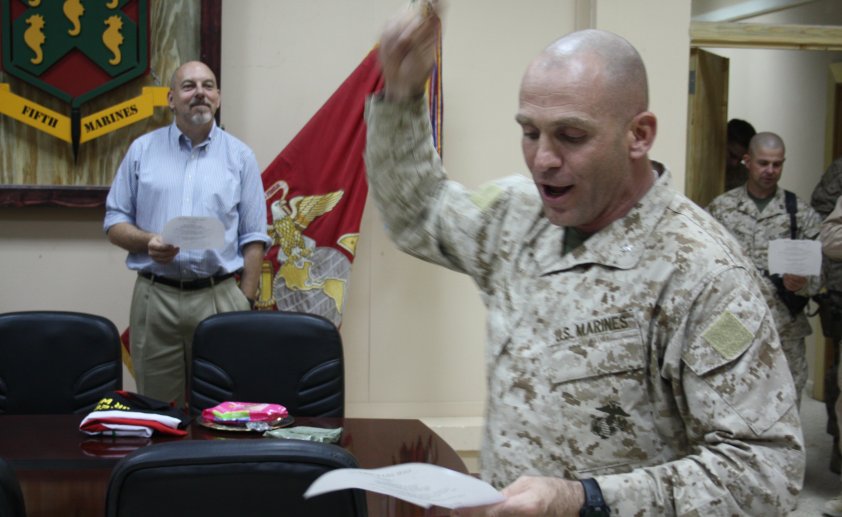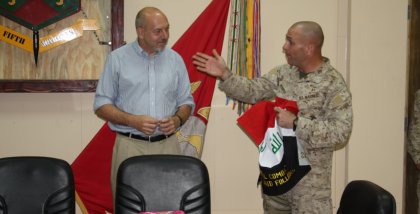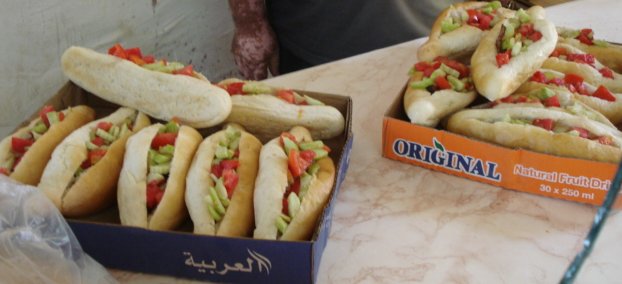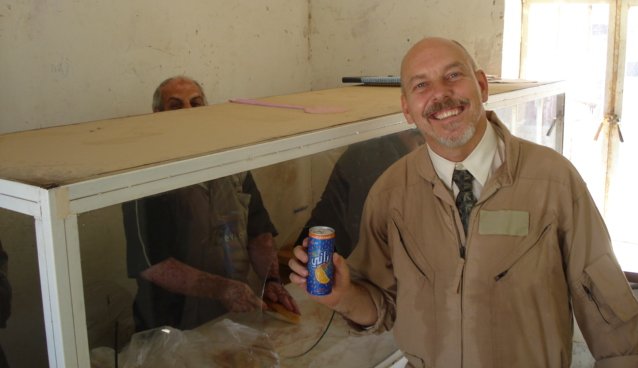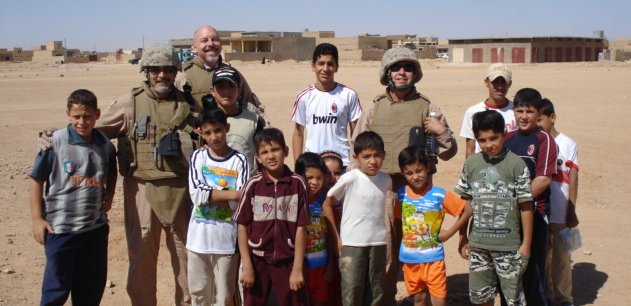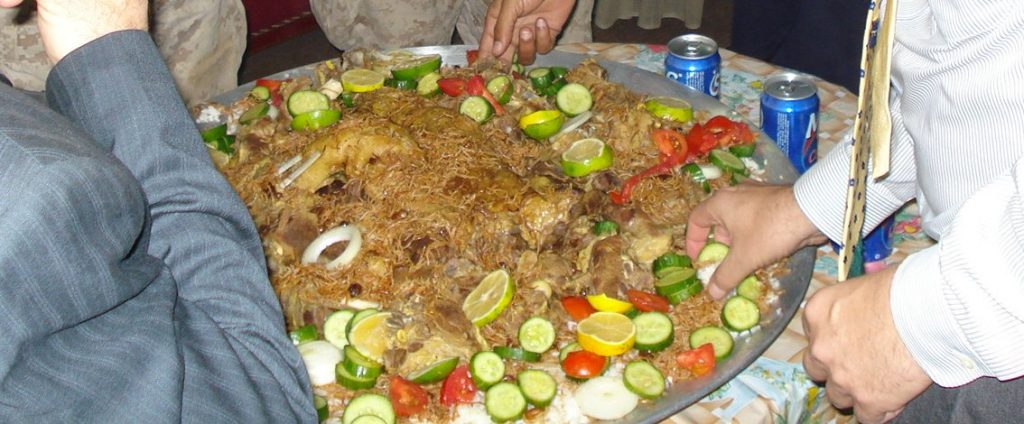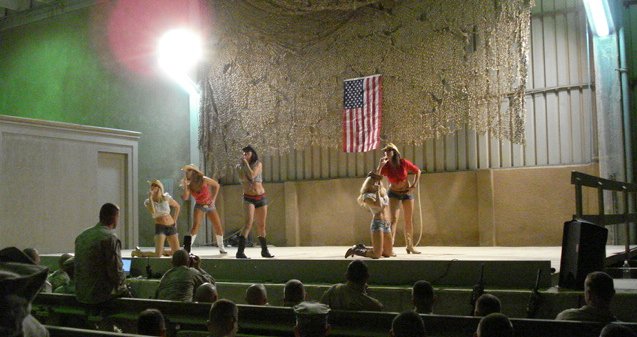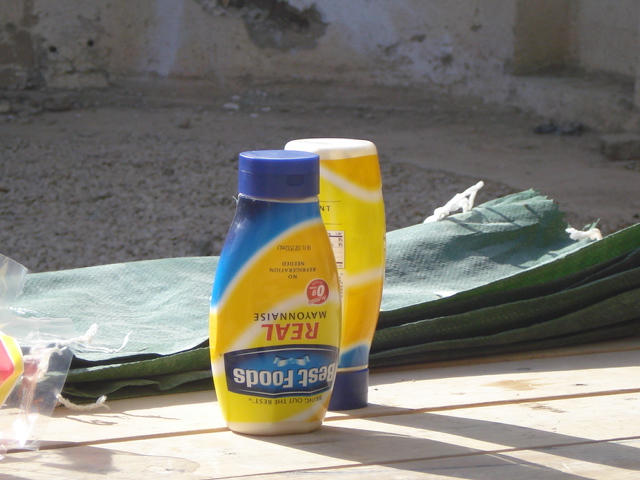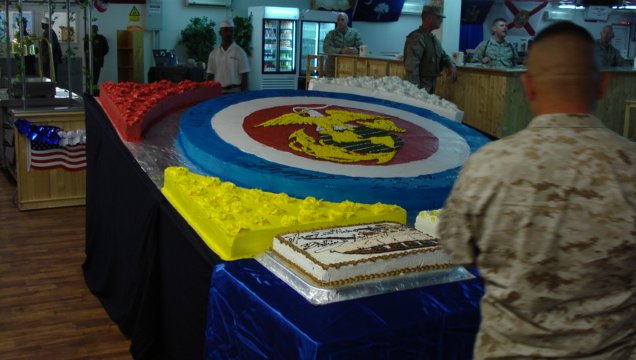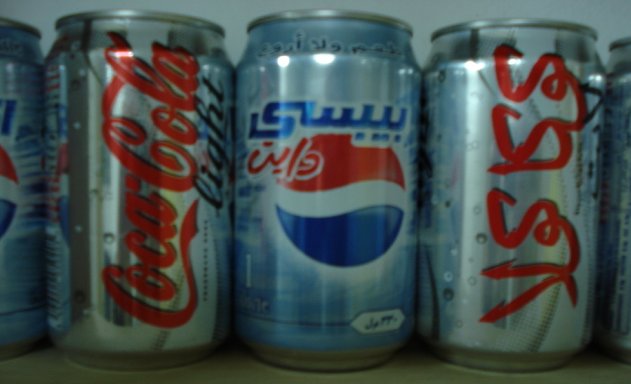
The New Year season is a time for reflection. I have been thinking a lot about the new communication technologies and my job. I know this is boring to some/most of the people reading this, and I know that I am being repetitive, but I still don’t have this sorted out in my own mind.
Decisions are easy when values and priorities are clear. The hard part is figuring them out.
I got along well with Internet in its early incarnations. It fulfilled dreams of my youth. They were nerdy dreams, I admit. I dreamed of a comprehensive searchable data base that could answer all my questions if I posed them correctly. We got it. I wanted easy access to the accumulated knowledge of mankind. We got that too. I dreamed of instant communications networks to pass new ideas. Got it.
My dreams were myopic, just projections and amplifications of what I already knew. But the world doesn’t stop and innovations spawn unexpected changes. The Internet shot clean past my slow moving dreams.
Internet revolutionized the pursuit of knowledge in mostly good ways. You can find out almost anything you want to know and connectedness of the web is increasing scientific and practical knowledge immensely. Knowledge and politics, however, don’t always intersect. Metastasizing politics on the Internet has been less a good thing. Let me clarify with an example.
Blogs made it possible to write about your opinions and experience and easily publish it for others to read and comment. This is just an old technique adapted to new technologies. It is kind of the Federalist Papers on steroids; a quicker marketplace of ideas, this I like. But it didn’t stay on that high plane very long. The messages slid downhill and became shorter and more vitriolic.
The blogosphere and cyberspace in general experienced a kind of evolution, where selection favored the nastiest and the most extreme. Rather than a universe of ideas, it debauched into a multiverse of pseudo-intellectual hostility. Many of the online communities became intolerantly self-policing, driving out anybody with divergent views and in the process increasingly coarsening the rhetoric. Too many online communities became autoerotic circles of hatred, where participants confirmed each other’s prejudices, sharpened their collective teeth, and pulled their groups farther out of the mainstream. We often cannot persuade or be persuaded by others because we occupy completely different dimensions.
There used to be a saying that you are entitled to your own opinion, but you are not entitled to your own facts. The new media has developed different fact-universes, each with its own specific sets. This is a challenge and it gets worse.
Now we have all the interactive systems, the Facebooks etc, Twitter as well as interactive gaming. I just don’t know what to do with them. I am not sure it is possible for government based public affairs (i.e. someone in my job) to use these technologies because they are so labor intensive and the messages so often intensely idiosyncratic.
Consider the strengths and weaknesses of a government information operation. My job is to explain the U.S. and U.S. policies to people in other countries. In what we see in retrospect as the golden age (it didn’t seem that back then), we had certain advantages. Most important was that government had a monopoly over some sorts of information, but there were other structural advantages. The technologies favored the one speaker to many listeners paradigm, so a relatively small number of writers could reach a large number of readers/listeners/viewers. Beyond that, our enemies were easy to identify and possible to count. The Soviets produced a lot of deceitful propaganda, but we could usually find the return address if we looked hard enough.
None of this is true anymore. The government no longer has information dominance and is often not the first or the best source even of things about its own activities. The information market has splintered into millions of pieces and our adversaries are harder to identify. Essentially, we went from a situation with one big and dangerous bad guy (or a couple of them) to a world where there are thousands of little ones. The dragon has been replaced by insects, each one inconsequential, but collectively heavier and more intractable. And they are more quickly adaptive to changing circumstances. You could always expect the Soviets to be slow and ponderous, not so our new adversaries.
When it was one-to-many communications, we happy few at State or USIA had a chance to move the communication needle. In the one-to-dozens communication environment, we just don’t have enough people and never will. We can get the occasional “viral” hit, but not with any predictability.
I think we still have a chance. The Internet is starved for content. We can produce content and/or pictures. We can also build relationships that might leverage to larger populations. We can succeed, but I am worried that we will not. I am also worried that I cannot go along on this ride. I have been in this business for a quarter century, but I am afraid I might have reached a river I cannot cross. I have always believed that with the proper tools and permission, I could make a difference and sometimes I have succeeded. I have not always had the means, but I always had the vision, at least I thought I did.
My vision is now failing with the newest technologies. I can understand how something like Twitter can be used to organize a demonstration, communicate sports scores or stock averages, or help maintain an existing social network, but I cannot figure out how we can pass the nuanced explanation of policy over these sorts of networks, nor can I see a way that government officials like me and my colleagues make ourselves trusted participants in enough social networks to make a significant impact. I can understand the theoretical potential for online communities, but cannot stand the profound lameness of “worlds” like Second Life and I cannot figure out its wider impact. It is a big world out there and our efforts may just be a p*ss in the ocean.
This worries me. I don’t know whether it cannot be done in general or if it is just ME that cannot do it. I have a responsibility to add value and I always promised myself that I would not hang around after I outlived my usefulness. I don’t want to try to apply yesterday’s solutions to tomorrow’s problems. It is funny how things come in circles. I am having the equivalent of adolescent angst at my age.
I guess I will figure it out, or more correctly I will find people who have figured it out to work with me. I really don’t understand much of anything, but I have always had the good fortune to find people who do and I have been able to bring out their talents. I add value the old fashioned way – through good people. Maybe the old tricks still work for the old dog. When I cannot do that anymore I will go quietly into that good night – someday, but probably not today. I still have a lot of thinking to do.

